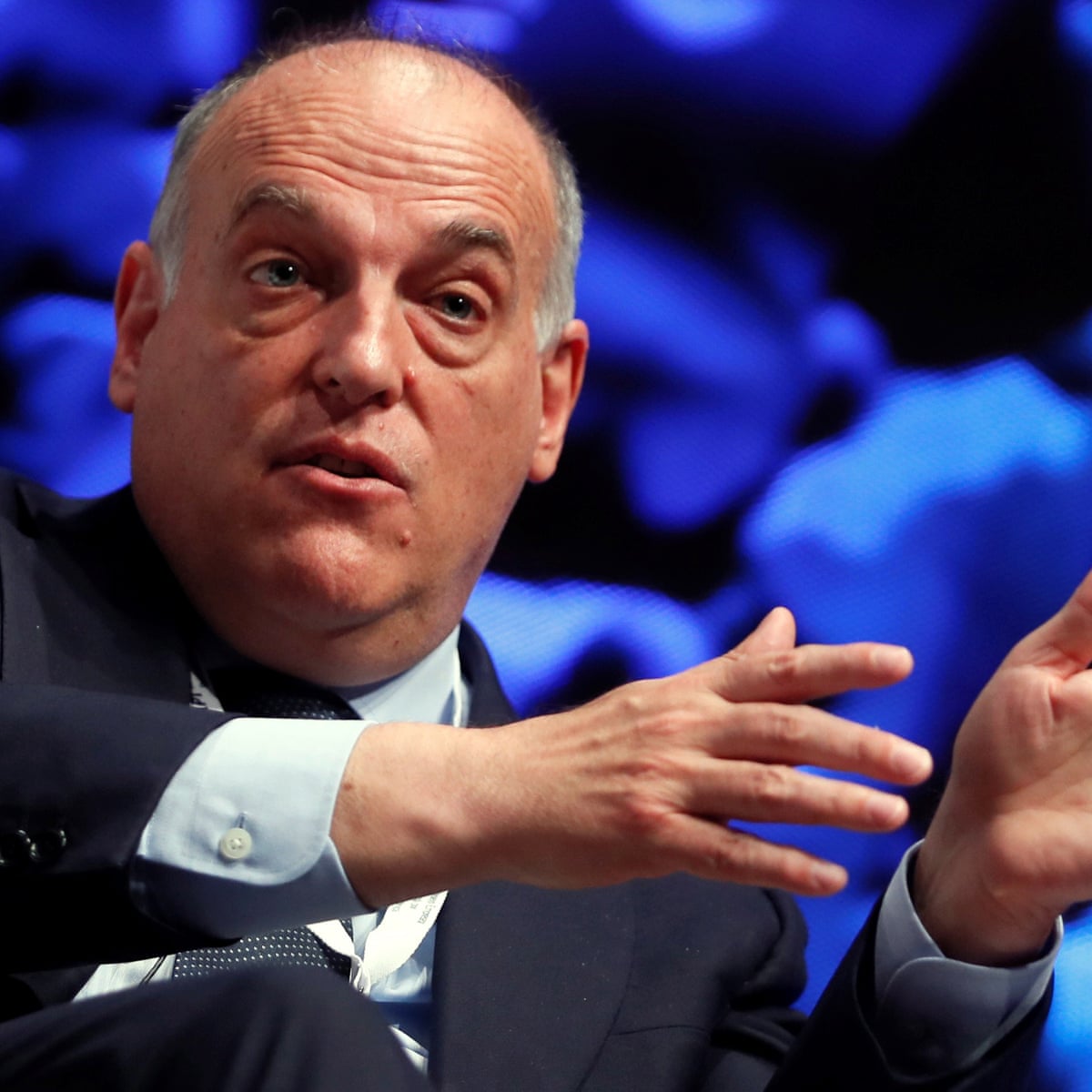
In the bustling arena of European football, the financial gap between the Premier League and La Liga has become a subject of intense scrutiny and debate. The latest financial reports reveal that the Premier League's revenues are nearly double those of La Liga and the Bundesliga, highlighting a disparity that has profound implications for the competitive landscape of European football.
The Revenue Divide
The Premier League is a financial juggernaut, consistently generating significant revenues through lucrative television deals, sponsorships, and global marketing strategies. This financial clout allows Premier League clubs to invest heavily in player acquisitions, facilities, and youth development programs, further solidifying their global brand presence.
In contrast, La Liga faces challenges in matching the Premier League's financial muscle. The league's revenue streams are less diversified, with a significant portion hinging on television rights that do not command the same international appeal as their English counterparts. Despite having iconic clubs like Real Madrid and Barcelona, La Liga's overall marketability struggles to compete with the Premier League's global reach.
Television Rights and Global Branding
A significant factor contributing to this disparity is the structure of television rights deals. The Premier League's collective bargaining approach ensures that TV revenue is distributed more evenly among its clubs, enhancing competitiveness and financial stability across the board. This approach contrasts sharply with La Liga's previous model, where top clubs negotiated their deals independently, creating a significant financial gap within the league itself.
Moreover, the Premier League's strategic focus on global branding has paid dividends. English clubs have aggressively expanded their fan bases across Asia, the Americas, and Africa, regions where football's popularity is surging. This global approach has not only boosted merchandise sales but also attracted international sponsors keen on leveraging the Premier League's vast audience.
Financial Health and Competitive Balance
The financial disparity between these leagues has critical implications for competitive balance. Premier League clubs can afford to attract top talent from around the world, offering lucrative contracts and the allure of playing in what is widely regarded as the most competitive league globally. This influx of talent has raised the standard of play and increased the league's international appeal.
In La Liga, however, the financial constraints are palpable. Clubs outside the traditional powerhouses of Real Madrid and Barcelona often struggle to retain their top players or invest in promising talent. This has led to a concentration of success at the top, with few clubs able to consistently challenge for titles both domestically and in European competitions.
Broader Economic Impacts
The economic implications of this revenue gap extend beyond the clubs themselves. In England, the financial success of the Premier League has bolstered local economies, with matchday revenues and tourism contributing significantly to regional development. The influx of international visitors attending matches has stimulated the hospitality sector, creating jobs and boosting local businesses.
Conversely, La Liga clubs face economic pressures that can have broader societal impacts. The financial struggles of smaller clubs can lead to reduced investments in youth academies and community projects, areas where football can significantly contribute to social cohesion and opportunity.
Image: Premier League vs. La Liga Revenue Disparity

Strategic Adjustments and Future Outlook
To bridge this gap, La Liga has taken steps to enhance its global presence. Efforts to renegotiate television deals with a focus on collective bargaining, similar to the Premier League model, are underway. Additionally, La Liga has invested in digital platforms to engage international audiences, aiming to increase brand recognition and commercial appeal.
The La Liga president Javier Tebas has been vocal in his criticism of the financial practices in the Premier League, particularly regarding sponsorship deals and subsidiary companies. His concerns reflect a broader strategy to advocate for financial fair play and sustainable growth models across European football.
Conclusion
As football continues to globalize, the financial dynamics between the Premier League and La Liga will remain a focal point in discussions about the sport's future. While the Premier League currently enjoys a significant financial advantage, La Liga's efforts to adapt to the changing economic landscape could play a crucial role in reshaping the competitive balance in European football. As these leagues navigate their financial realities, the impact on club success, player development, and fan engagement will be profound, influencing the beautiful game's evolution on the global stage.